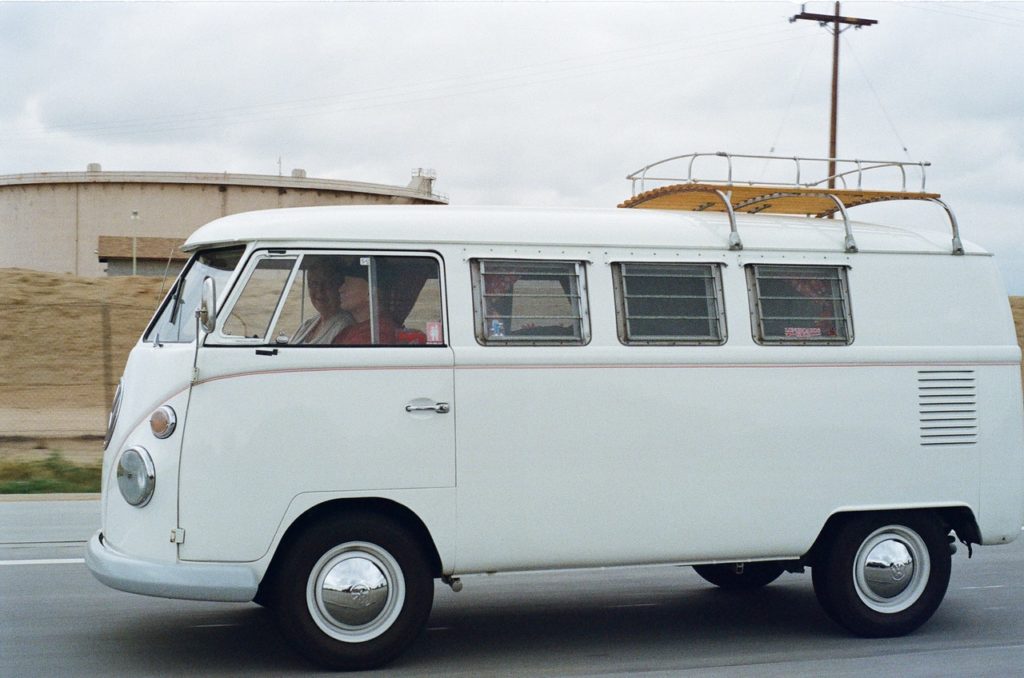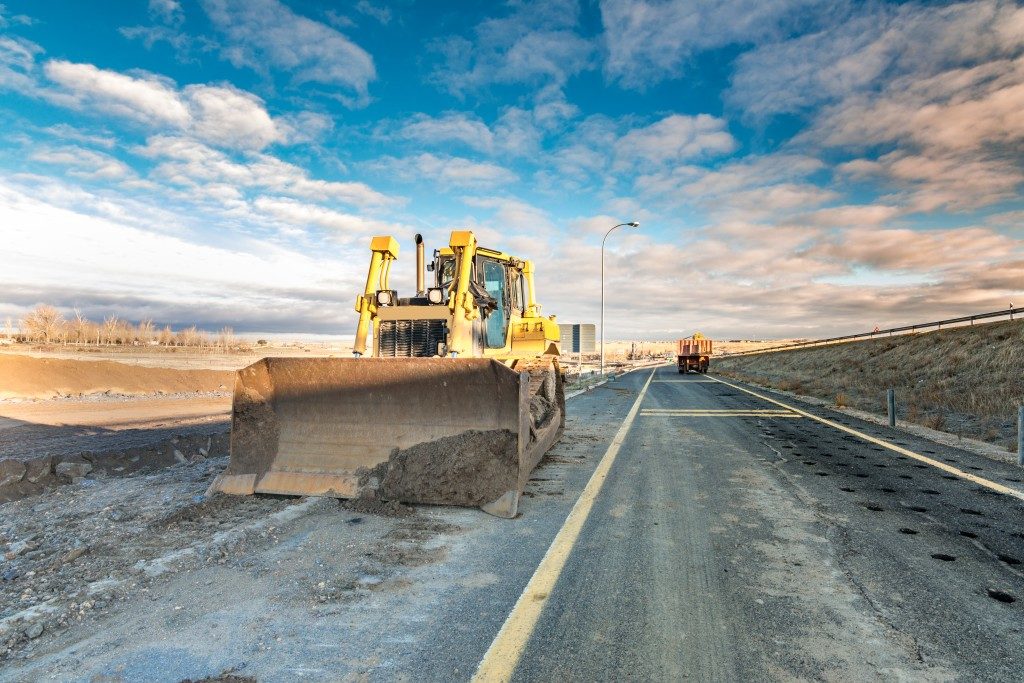RVing or driving around with recreational vehicles (RVs) or campers is becoming one of the most popular ways to travel. However, a successful and safe RV trip takes thorough preparation and planning to make it an overall smooth and enjoyable experience.
Whether you’re new to the travel approach or not, the following tips can help ensure that your trip will be safe, seamless, and problem-free.
Emergency Preparedness
It’s best to carry some repair tools and have a basic understanding of your RV or camper. This way, if something breaks or you face an emergency, you can deal with the issue first if immediate help is far away. For instance, it’s helpful to have a hitch installation if the RV or camper needs to be towed by another vehicle leading the pack or, in an emergency, or if repairs are required.
Having emergency hotlines listed in your vehicle is also ideal, helping you prepare for any emergency with ease.
Plot Your Route to Cover the Most Ground
A couple of minutes of research about the place you’re camping on, including the routes, can help you plot a faster and smoother trip. Plus, it can make a massive difference during emergencies as it lets you know what services are available in the area. After all, you wouldn’t want to get stranded. So, plan your routes and make sure it includes big towns with your RV or camper’s dealerships, just if you require a tow or emergency services.
Use GPS and Maps
While out on the road, especially to new ones you’ve never driven before, using GPS or traditional maps can go a long way. A GPS can show you the different routes toward your destination, what time you’ll arrive, and the quickest path you can take. Modern versions may also show you the traffic conditions in these routes. However, if there ever comes a time where your RV or camper breaks down or your cell phone isn’t working, and you can’t use GPS, go for traditional maps.

Stock Up on Supplies — Including Medicine
Part of any RV preparedness plan should always include bringing a month or more worth of food on your trip. Although this may sound impossible in small places like a compact RV or truck bed type, it is possible. The key here is only to store the food and drinks you will consume. These include dry stuff like rice, beans, quinoa as they’re easy to pack and have long shelf lives. A couple of canned goods is also an excellent choice.
Additionally, make sure to stock up on medicine, especially if you plan on being on the road for a couple of weeks or months.
Be Prepared for the Weather — and the Road
Although there’s little you can do about the weather, you can always adapt. However, knowing the weather forecast beforehand can help you avoid issues, including rain, snowstorms, ice, hail, and strong winds—any of which can ruin your trip. You can check out your state’s local weather forecast on your phone or reliable sites like NOAA or road trucker weather forecast. However, for the most up-to-date news possible, stop at a truck stop and as truckers coming from your destination about the weather conditions there.
Additionally, checking the road conditions for any construction and closure is also ideal. You can save time and plenty of headaches by checking one of the many websites reporting these issues, including the US DOT Federal Highway Administration’s official site.
Bring Satellite Phones
If you know you’ll be going to areas where cell signal is sparse, make sure you have a means of communication. A great way you can do this is by bringing satellite phones with you. Unlike a traditional mobile phone that relies on cell towers, a satellite phone can virtually work anywhere worldwide. Although the freedom that comes with far from the busy world can be a fun experience, it can also be dangerous. So, make sure to bring satellite phones with you, so once you leave the city, you’ll have some form of reliable communication—even in the most remote areas of the world.
It’s great to have a sense of caution and safety when it comes to traveling the road, especially when it’s in remote areas or to a new place you haven’t been before. However, never let the unknown stop you from giving you the adventure you deserve—and the tips mentioned can help you make your trip safer and fun, regardless of where you are.


